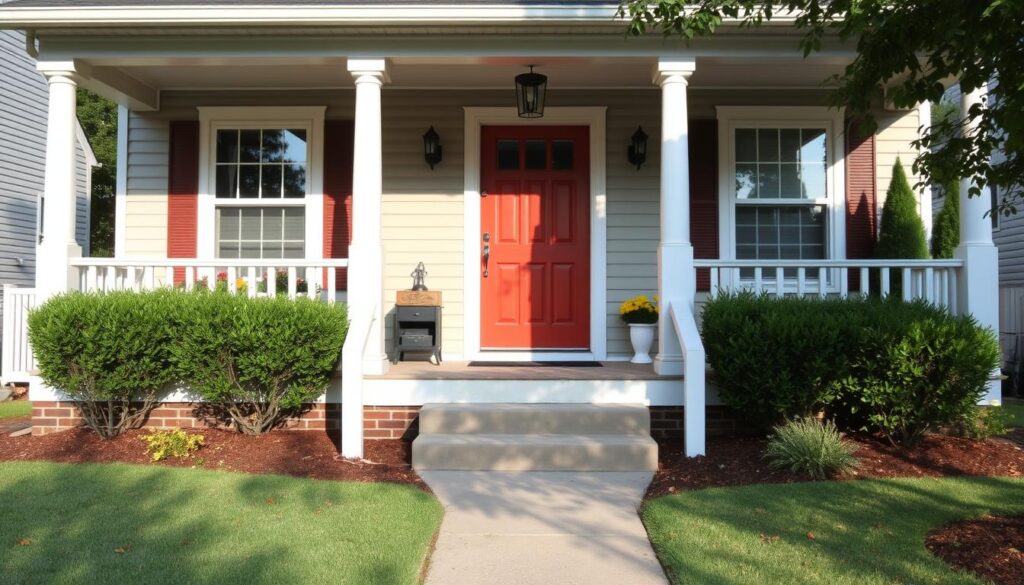In today’s world, pets are more than just animals; they are family members. For many, moving into a new rental property is unthinkable without their furry friends. However, the presence of pets in rental properties can bring a host of challenges and benefits. This is why pet policies in rental agreements are crucial for both landlords and tenants. A well-drafted pet policy not only protects the interests of property owners but also ensures the well-being of tenants and their pets. In this blog, we will delve into the importance of pet policies in rental agreements, covering various aspects such as legal considerations, property maintenance, tenant satisfaction, and tips for creating effective pet policies.
Legal Considerations
One of the primary reasons for having a pet policy in a rental agreement is to address legal considerations. Landlords have the right to decide whether or not to allow pets on their property. A clearly defined pet policy helps avoid legal disputes by setting expectations upfront. For instance, specifying the types of pets allowed, the number of pets, and any breed restrictions can prevent misunderstandings and potential litigation.
Additionally, it’s important to consider local and federal laws regarding pets in rental properties. The Fair Housing Act requires landlords to make reasonable accommodations for tenants with disabilities, which may include allowing service animals or emotional support animals, even in properties with a no-pet policy. Including a section in the pet policy that addresses such accommodations can help landlords comply with these regulations and avoid legal complications.
Property Maintenance and Damage Prevention
Pets can cause significant wear and tear on rental properties. Common issues include scratched floors, chewed furniture, and unpleasant odors. A comprehensive pet policy can outline measures to prevent and manage such damage. For example, requiring a pet deposit or pet fee can provide financial coverage for potential damages. Regular inspections can also be stipulated in the lease to ensure the property is maintained in good condition.
Moreover, landlords can include specific guidelines for pet owners to follow, such as maintaining cleanliness, proper waste disposal, and ensuring pets are well-behaved and supervised. These rules not only help protect the property but also promote a harmonious living environment for all tenants.
Tenant Satisfaction and Retention
Allowing pets in rental properties can significantly increase tenant satisfaction and retention. Pet-friendly policies are highly attractive to a large segment of renters who consider their pets part of the family. By accommodating these tenants, landlords can reduce vacancy rates and foster long-term rental relationships.
A pet-friendly approach can also enhance the community atmosphere within the rental property. Tenants with pets often socialize more with their neighbors, creating a sense of community and belonging. This can lead to higher tenant satisfaction and reduced turnover, ultimately benefiting the landlord.
Tips for Creating Effective Pet Policies
Creating an effective pet policy involves balancing the needs and concerns of both landlords and tenants. Here are some tips to consider:
1. Clear and Detailed Guidelines
A well-written pet policy should include clear and detailed guidelines. Specify the types and number of pets allowed, any breed or size restrictions, and rules regarding pet behavior. For example, you might allow dogs and cats but restrict exotic animals or specific dog breeds that are considered aggressive.
2. Pet Deposits and Fees
Consider requiring a pet deposit or a monthly pet fee to cover potential damages. This not only provides financial protection for the landlord but also encourages responsible pet ownership. Make sure to outline how these deposits will be used and the conditions for refunding them.
3. Pet Agreements
Include a separate pet agreement as part of the rental contract. This document should be signed by the tenant and outline all pet-related rules and responsibilities. It can cover aspects such as vaccination requirements, spaying/neutering, and noise control.
4. Inspections and Maintenance
Regular property inspections can help ensure that pet owners are adhering to the pet policy and maintaining the property. Clearly state the frequency and conditions of these inspections in the rental agreement.
5. Insurance Considerations
Landlords should review their insurance policies to ensure they cover potential pet-related damages. Some insurance companies offer specific coverage for properties with pets, which can provide additional peace of mind.
6. Emergency Contacts
Request emergency contact information for pets. In case of an emergency, having this information can be crucial in ensuring the pet’s safety and well-being.
Benefits of Pet Policies for Landlords
Implementing a pet policy can offer several benefits for landlords:
- Attracting More Tenants: Pet-friendly properties tend to attract a larger pool of potential tenants, increasing the chances of filling vacancies quickly.
- Increased Rental Income: Charging pet deposits or fees can boost rental income and help cover any potential damages caused by pets.
- Reduced Vacancy Rates: Pet owners are often willing to pay a premium for pet-friendly accommodations, leading to reduced vacancy rates and more stable rental income.
- Enhanced Tenant Relationships: By accommodating tenants’ pets, landlords can build positive relationships and foster a sense of trust and loyalty.
Conclusion
In conclusion, pet policies in rental agreements are essential for both landlords and tenants. They provide a clear framework for pet ownership within rental properties, helping to prevent legal issues, protect property values, and enhance tenant satisfaction. By creating a comprehensive and well-balanced pet policy, landlords can attract responsible pet owners, reduce vacancy rates, and foster a positive living environment. As the trend towards pet-friendly housing continues to grow, having a robust pet policy in place will become increasingly important for successful property management.






